Karl Ristenpart - Bach: Christmas Oratorio (2013)
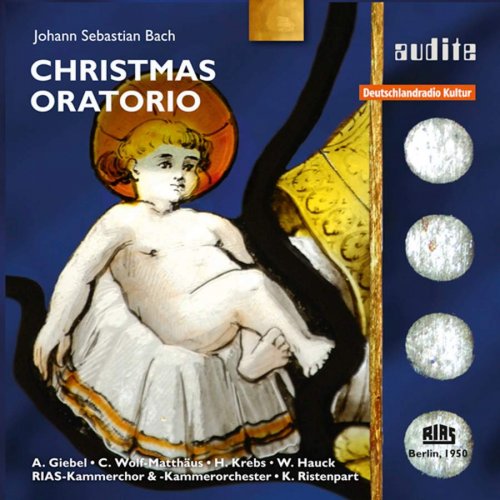
Artist: Karl Ristenpart
Title: Bach: Christmas Oratorio
Year Of Release: 2013
Label: Audite
Genre: Classical
Quality: FLAC (image + .cue, log, scans)
Total Time: 2:35:51
Total Size: 602 MB
WebSite: Album Preview
Title: Bach: Christmas Oratorio
Year Of Release: 2013
Label: Audite
Genre: Classical
Quality: FLAC (image + .cue, log, scans)
Total Time: 2:35:51
Total Size: 602 MB
WebSite: Album Preview
Following the Bach cantatas edition with Karl Ristenpart, Audite now continue their series of historic recordings from the archives of RIAS Berlin with a complete recording of the Christmas Oratorio. As soloists, Ristenpart engaged leading Bach singers of the time, thus ensuring that the recitatives of the Evangelist, the arias and ensembles were of particularly high quality. Alongside the RIAS Chamber Choir and the RIAS Chamber Orchestra a recording was created in December 1950 which both validly represents Bach interpretation of that time, and also heralds, notably in Parts 4 and 5, historically informed performance practice.
Karl Ristenpart responded to the accession to power by the Nazis in 1933 by retreating to work with chamber ensembles: a sphere which was able mostly to escape the cultural-political interference by the state authority. The Nazi nomenklatura felt that Wagner was the bringer of a new era. Ristenpart countered with Bach: the 'Wagner Ring' vs. the 'Bach Ring': Wagner’s 'Ring' depicting the demise of Germanic gods and heroes; opposed by the Bach cantata cycle concerning the emergence of Christianity and its 'Saviour'.
After the war, Ristenpart championed a cultural ideal which turned away from the drive for monumentalism. In this, Bach served him as a catalyst for mental renewal and as a guide to retreat from the craze surrounding Wagner. Ristenpart’s decisions of the 1930s thus permeate his Bach interpretations in the cantatas (AUDITE21415) as well as the Christmas Oratorio of 1950.
Agnes Giebel (soprano / angel)
Charlotte Wolf-Matthäus (alto)
Helmut Krebs (tenor / evangelist)
Walter Hauck (baritone / Herodes)
RIAS-Kammerchor
RIAS-Knabenchor & RIAS-Kammerorchester
Karl Ristenpart
Karl Ristenpart responded to the accession to power by the Nazis in 1933 by retreating to work with chamber ensembles: a sphere which was able mostly to escape the cultural-political interference by the state authority. The Nazi nomenklatura felt that Wagner was the bringer of a new era. Ristenpart countered with Bach: the 'Wagner Ring' vs. the 'Bach Ring': Wagner’s 'Ring' depicting the demise of Germanic gods and heroes; opposed by the Bach cantata cycle concerning the emergence of Christianity and its 'Saviour'.
After the war, Ristenpart championed a cultural ideal which turned away from the drive for monumentalism. In this, Bach served him as a catalyst for mental renewal and as a guide to retreat from the craze surrounding Wagner. Ristenpart’s decisions of the 1930s thus permeate his Bach interpretations in the cantatas (AUDITE21415) as well as the Christmas Oratorio of 1950.
Agnes Giebel (soprano / angel)
Charlotte Wolf-Matthäus (alto)
Helmut Krebs (tenor / evangelist)
Walter Hauck (baritone / Herodes)
RIAS-Kammerchor
RIAS-Knabenchor & RIAS-Kammerorchester
Karl Ristenpart
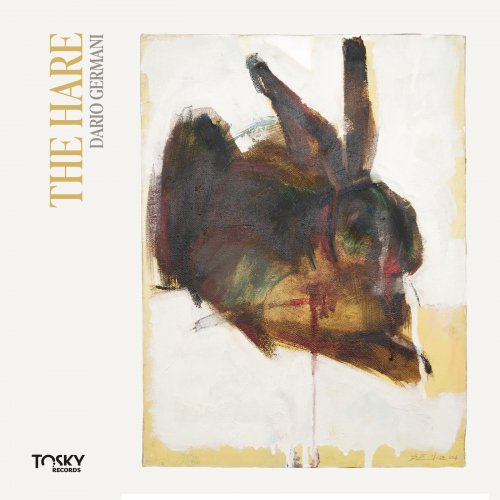

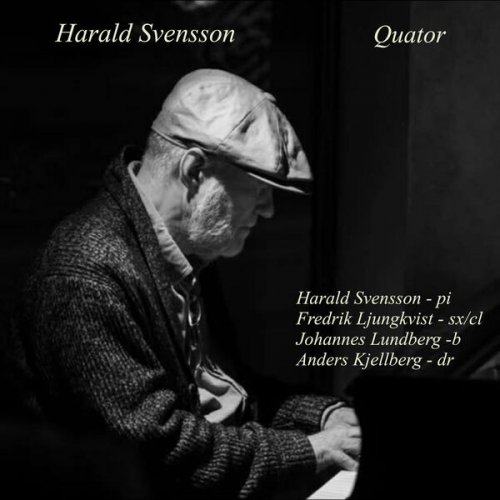
![Machito and His Orchestra - Irving Berlin in Latin America (Remastered Edition 2025) [Hi-Res] Machito and His Orchestra - Irving Berlin in Latin America (Remastered Edition 2025) [Hi-Res]](https://www.dibpic.com/uploads/posts/2025-12/1765784965_moib.jpg)
![Posey Royale - The Real Low-Down (2025) [Hi-Res] Posey Royale - The Real Low-Down (2025) [Hi-Res]](https://www.dibpic.com/uploads/posts/2025-12/1765494723_zbd6vfngwwskb_600.jpg)
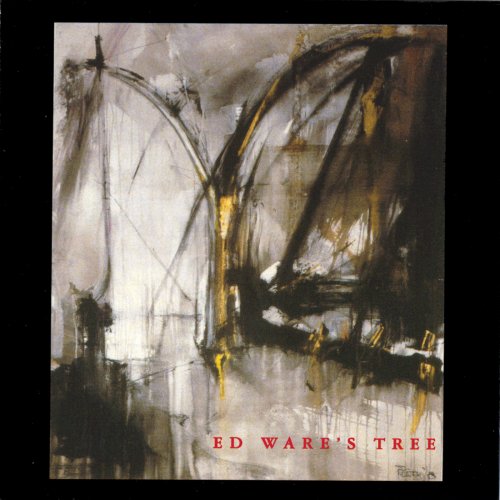
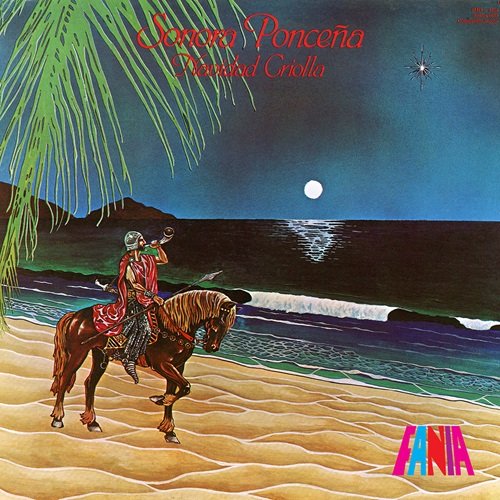
![Coco Chatru Quartet - Lost Christmas (2025) [Hi-Res] Coco Chatru Quartet - Lost Christmas (2025) [Hi-Res]](https://www.dibpic.com/uploads/posts/2025-12/1765719561_coco-chatru-quartet-lost-christmas-2025.jpg)
![Amira Kheir - Black Diamonds (2025) [Hi-Res] Amira Kheir - Black Diamonds (2025) [Hi-Res]](https://www.dibpic.com/uploads/posts/2025-12/1765640459_tf7wrmc9lqmqc_600.jpg)